College students lack sufficient mental health resources
Everybody deals with their own personal lows during college. Many students may find themselves devastated over failing a difficult exam, or heartbroken over falling out with friends or partners. For anybody who’s experienced these things, they know that it can often make life harder than it needs to be.
Luckily in these instances, the situation will eventually improve. Most common hardships get better with time, but not for those struggling with mental illnesses. It is difficult even for medical professionals to find the line between expected human behavior and signs of mental illness.
The unclarity of mental illnesses make it increasingly more difficult for college students to navigate the ups and downs of young adult life. Even determining whether you need help or where to find it can be a challenge.
You know yourself better than anybody else. If you have a suspicion that you are showing signs of a mental illness, chances are that you’re right.
According to the National Alliance on Mental Illnesses, one in four young adults between the ages of 18 and 24 are diagnosed with a mental illness. Anxiety and depression are the most commonly diagnosed; more than 11 percent of college students were diagnosed with anxiety and 10 percent were diagnosed with depression.
With physical illnesses, most people are quick to take a trip to a hospital or the campus health center. Mental health should be treated with equal importance and severity, but it can be frightening to open up about such vulnerable traits about ourselves, especially to a stranger in the medical field.
I urge anybody with the resources to at least try out counseling, no matter how terrifying the thought of it sounds. Even if you don’t struggle with a mental illness, mental health is still something that everybody should upkeep. Think of it like a regular check up, but for the mind and brain. It is better to stay safe with preventive care because the stress of adulthood and college can deteriorate mental health or preexisting mental illnesses at any time.
Chico State has a selection of mental health resources available for students and staff, but unfortunately not all of these opportunities are accessible to everybody. There are nine counselors available for more than 17,000 students, so it is impossible to provide everybody with weekly, or even monthly counseling sessions.
The campus should be equally held accountable for making sure that those requiring resources can actually access them. I don’t mean guaranteeing some, or even most students access to mental health care, but that every single student and staff member are able to make an appointment without waiting several weeks or months.
This is easier said than done. Currently state funding seems to go more toward grant requests for projects like the new science building rather than toward the overall wellbeing of the students and staff. While educational resources are important as well in their own ways, students cannot have academic without healthy minds and bodies.
If you are struggling with your mental health, emergency services are offered 24/7 for anybody in urgent mental health crisis at Chico State. Walk-in or phone appointments for the Counseling and Wellness Center (SSC 430) are available, but wait times vary day to day. If you can’t get an appointment, you can always call the National Suicide Prevention Lifeline at any hour. Chico State’s website also has resources for self help and further resources around the Chico area, such as free and low cost counseling at Stonewall Alliance Center for LGBTQ+ identifying people.
Ray Painter can be reached at [email protected] or @rayphenomenon on Twitter.
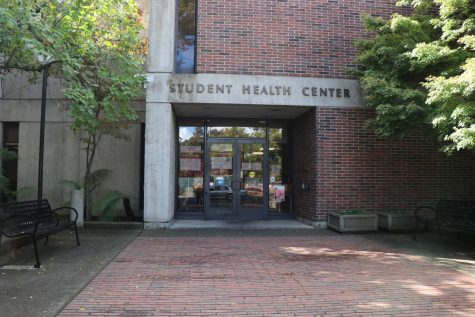

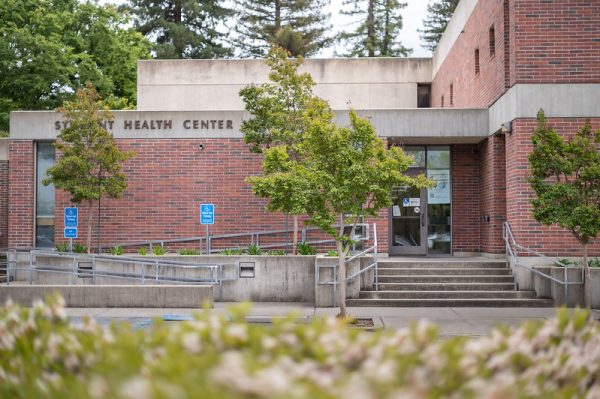
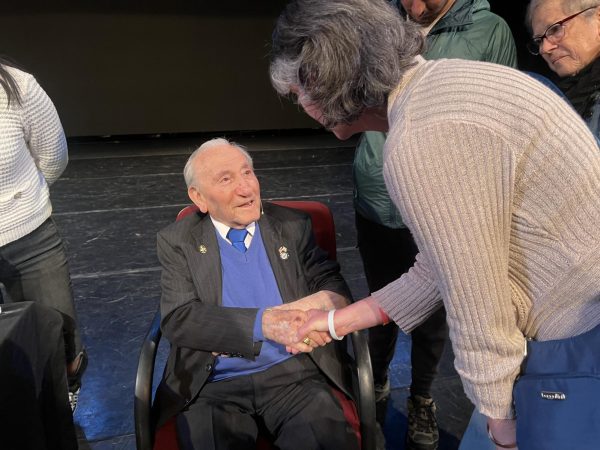




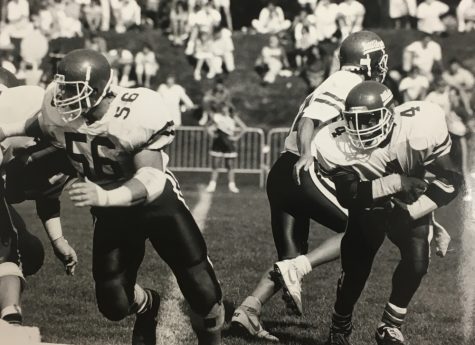
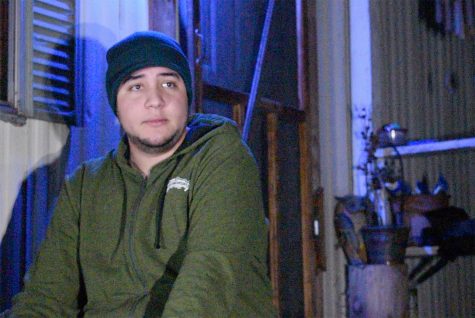




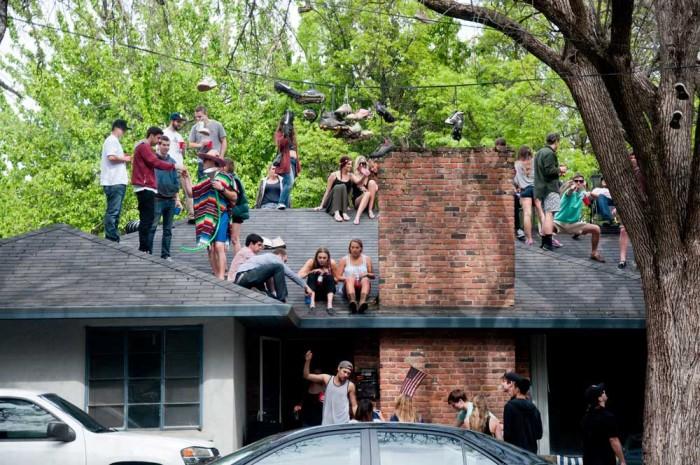
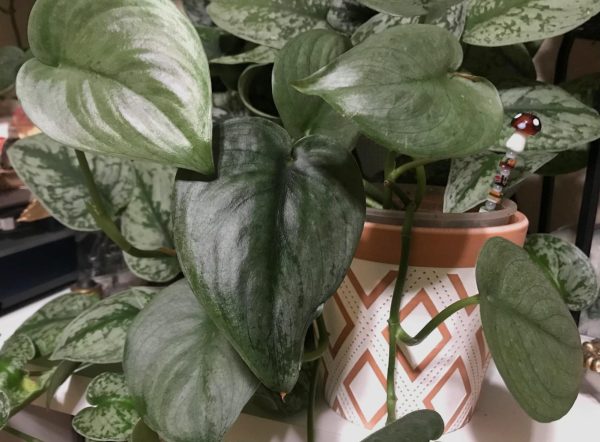

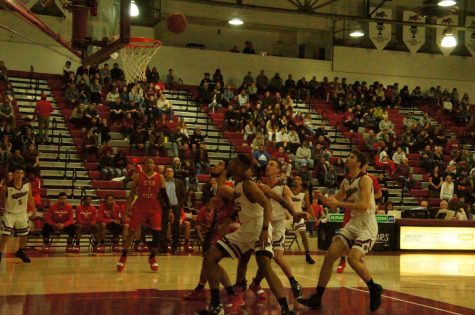
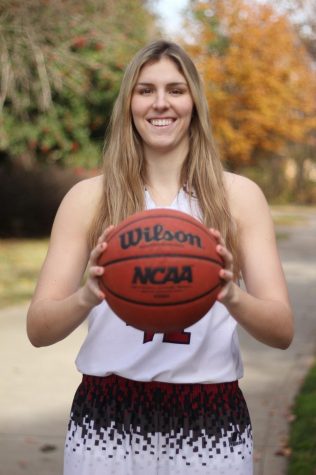
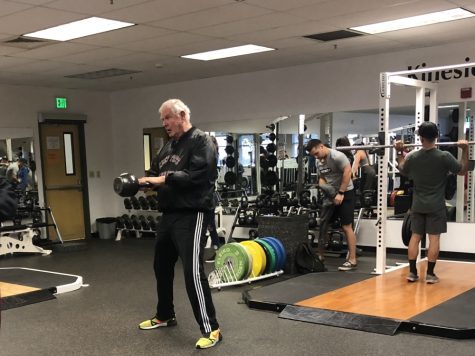
Laveena Nair // Mar 16, 2021 at 11:57 pm
Students Factory
Students Factory is a largest and longest running Educational Promotion. Students Factory helps to improve the English lingua to the international level by learning new concepts & developing correct usage with the post modern competitive level. We impart our linguistics expertise to provide the highest quality of educational programs to the global educational sector. Students Factory further adds its value with Professional/Corporate Training & Development, Team building sessions, Learning applications & CER initiatives. Our purpose is to inspire the students of today and yesterday for a better tomorrow.
Joselyn // Aug 30, 2018 at 5:20 am
What an amazing article! It is so nice to hear people shedding light on mental illness! If EVERYONE knew the symptoms/had access to counseling or treatment I sadly imagine the statistics would at least double
Marsha Hellstrom // Aug 29, 2018 at 11:56 am
Fantastic and informative article!!